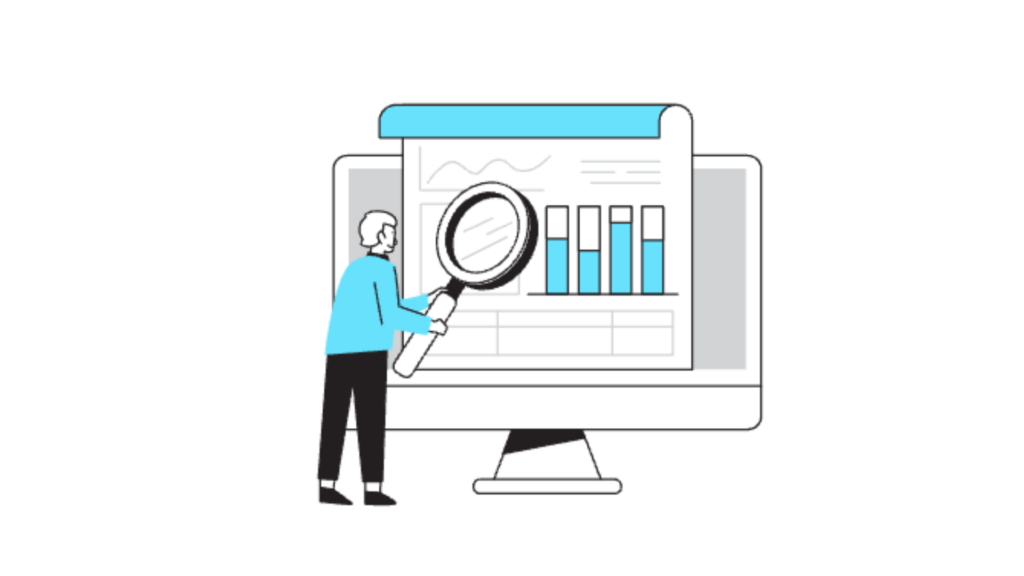What Does a Marketing Agent Do?

Marketing agents play a pivotal role in helping brands establish a solid presence, attract potential customers, and convert leads into loyal clients. A marketing agent acts as a bridge between a company and its target audience, crafting strategies and deploying tactics that bring attention to a brand’s products or services. In an ever-evolving digital world, marketing agents continually adapt, using insights and trends to reach audiences effectively and creatively.
This article will explore the many facets of a marketing agent’s role, along with practical advice, common mistakes to avoid, and insider knowledge to help you understand this crucial profession.
Core Responsibilities of a Marketing Agent
A marketing agent is a professional responsible for developing and implementing marketing strategies across various platforms. They wear many hats and often juggle different responsibilities, depending on the goals and needs of the brand they’re working with. Here are some key duties typically managed by marketing agents:
1. Research and Analysis
One of the first tasks a marketing agent undertakes is understanding the brand’s target market and competition. Research allows them to pinpoint audience preferences, pain points, and trends. This data forms the foundation of a strategy designed to maximize impact.
For those interested in getting more insights into research techniques and methodologies, read about micro marketing to understand how small, targeted marketing tactics are shaping business approaches.
2. Campaign Strategy and Planning
Once research is completed, a marketing agent moves on to campaign planning. This involves setting clear goals, deciding on a budget, selecting platforms, and determining the campaign’s tone and message. They align each element of the plan with the brand’s overall objectives, ensuring a cohesive approach.
3. Content Creation and Management
Content is at the heart of any marketing strategy. Marketing agents work with content creators or may create content themselves, such as blog posts, social media updates, video scripts, and email newsletters. They ensure the messaging remains consistent, engaging, and true to the brand voice.
Explore 7 things you need to know about LinkedIn and social media to see how different social channels can be utilized to boost visibility and engagement.
4. Performance Tracking and Optimization
Tracking performance is crucial for determining a campaign’s effectiveness. Marketing agents use analytics tools to monitor metrics like engagement, reach, conversion rates, and ROI. This data-driven approach allows them to tweak strategies on the go, ensuring campaigns yield the best possible results.
5. Client Communication and Reporting
Marketing agents regularly update clients on campaign progress, successes, and areas for improvement. Transparent communication helps build trust and provides clients with a clear view of how their brand is performing.
For more on building a successful client-agent relationship, check out our guide on best SaaS Black Friday deals, where businesses focus on maximizing deals through marketing.
Common Mistakes in Marketing and How to Avoid Them
Despite best efforts, even seasoned marketing agents can make mistakes. Here are five common pitfalls and how to sidestep them effectively.
1. Ignoring Target Audience Research
Many agents rush into content creation without fully understanding their audience. Skipping audience research leads to generic messaging that doesn’t resonate with anyone in particular. To avoid this, invest time in defining your target demographic, their interests, and behaviors before launching a campaign.
2. Over-Reliance on a Single Platform
Putting all marketing resources into one platform, like Facebook or Instagram, may limit reach. Social platforms constantly evolve, and reliance on one increases vulnerability to algorithm changes. Diversify your marketing channels to ensure broader reach and a more resilient strategy.
3. Overloading Audiences with Content
Frequent posting or bombarding followers with promotional content can lead to “brand fatigue,” causing users to disengage. Instead, focus on creating high-quality, valuable content and maintain a balance between promotional and informative posts.
4. Not Tracking Key Metrics
Launching a campaign without setting metrics makes it hard to determine success. Neglecting tracking tools prevents you from seeing which aspects are working. Use analytics tools to monitor campaigns and adjust based on performance data.
For additional insights into tracking and measuring results, how to publish a quality blog post in just 7 steps provides valuable advice on delivering high-impact content.
5. Ignoring Brand Consistency
Inconsistent branding confuses audiences and diminishes trust. Ensure that all campaign materials, from visuals to messaging, align with the brand’s values and voice. Cohesive branding strengthens recognition and credibility, making audiences more likely to connect with the brand.
Skills and Qualities of a Successful Marketing Agent
The role of a marketing agent demands a blend of creativity, analytical skills, and communication. Here are some skills that contribute to success in this field:
- Creativity: Crafting engaging campaigns requires fresh ideas and unique approaches.
- Analytical Thinking: Marketing agents analyze data and trends to make informed decisions.
- Adaptability: Staying current with changing social platforms and trends is essential for keeping campaigns relevant.
- Communication: Clear communication ensures that clients, audiences, and team members are on the same page.
- Problem Solving: Challenges are inevitable in marketing, and agents must have the ability to troubleshoot and adapt quickly.
For further insights into the attributes of successful marketing agents, check out our article on marketing services guru, which provides practical advice for those managing multiple client campaigns.
Why Hiring a Marketing Agent Can Transform Your Business
Hiring a marketing agent offers startups and established businesses alike the chance to enhance their brand’s reach and visibility. With a professional handling campaign strategy, content creation, and analytics, companies can focus on core operations while their marketing efforts drive growth.
Advantages of Working with a Marketing Agent:
- Expertise and Experience: Marketing agents bring a wealth of experience in different industries and platforms, allowing businesses to avoid common pitfalls.
- Time Efficiency: Having a dedicated professional manage your marketing efforts saves time, allowing you to focus on business operations.
- Data-Driven Results: Marketing agents rely on data and analytics, ensuring campaigns are optimized for maximum impact.
- Creativity and Fresh Ideas: A marketing agent introduces new perspectives and creative ideas to reach and engage audiences effectively.
Explore our guide on written text strategies for crafting compelling marketing messages that connect with readers and make a lasting impression.
Career Path and Opportunities for Marketing Agents
The marketing field offers diverse opportunities, with paths leading to specialties in social media, content marketing, analytics, and digital advertising. As marketing evolves, professionals may also specialize in influencer marketing, affiliate partnerships, or brand storytelling.
A career as a marketing agent can be dynamic and rewarding, with possibilities for advancement into senior roles or management positions. By continuously building skills, leveraging tools like a client management platform, and adapting to industry changes, marketing agents can shape their path within this growing field.
For insights into the storytelling aspect of marketing, visit 8 proven techniques for effective brand storytelling, which explores methods for creating powerful narratives that enhance brand appeal.
Conclusion: What Does a Marketing Agent Do?
A marketing agent wears many hats, from strategist to content creator to analyst. By understanding the audience, crafting tailored campaigns, tracking performance, and making data-driven adjustments, they play an essential role in building brand awareness and driving business growth.
Avoiding common pitfalls, refining key skills, and understanding their responsibilities can help marketing agents make a greater impact. The work of a marketing agent goes far beyond mere promotion—it’s about building meaningful connections, driving customer loyalty, and fostering growth. As businesses increasingly rely on digital marketing to connect with customers, the role of a marketing agent remains crucial to achieving sustained success.



